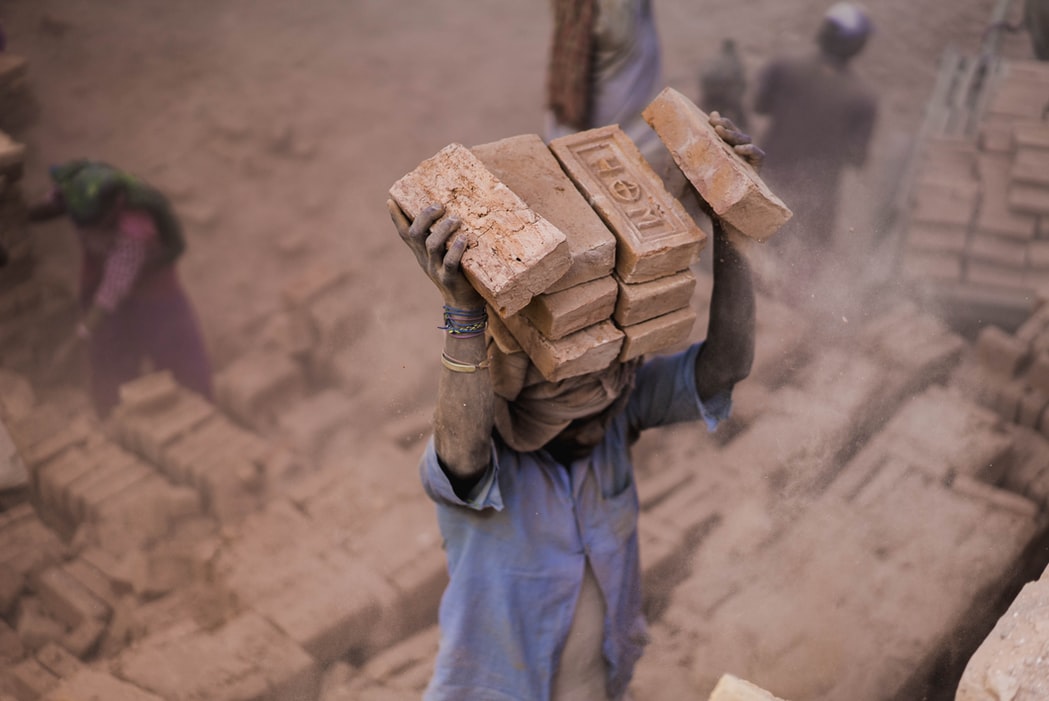
Of late, the country has observed some drama about a widely acknowledged “fiscal package” that made rounds soon after PM Modi’s May 12 speech. The intense round of press conferences, spanning a period of 5-days (including a Sunday!), made it clear that our Finance Minister, Ms Sitharaman, was going to roughshod over all the nastiness the media spewed against the inactivity of her ministry. Unfortunately, even after her series of big bang announcements (obviously she does not outrank our PM in raising hell on Twitter), the financial markets were underwhelmed and so were the economists of the left. However, instead of delving into the impulses of either side, let us don the lens of common sense to deconstruct some of the issues, while trying not-to-sound like an eclipsed povertarian.
It is important to identify the situation’s uncertainty and peculiarity. Policymakers, especially of the developing world, may try their best to be flexible and adapt to the condition’s challenging demands. However, their inability to take an action must not be confused with their will to take one. In India, it is mostly the politician’s will that makes or breaks her decision. The nature of this pandemic, how-so-ever long-term, demands immediate relief for certain sections of our society, and maybe even a continuing one. The plight of our out-stationed labourers, now heading back to their villages, strikes a sharp blow to the bureaucrat’s lack of foresight to predict such a messy exodus. Understanding the strengthening grip of this crisis, the government’s late realisation to stimulate or liquidate the economy seems more like an after-thought than a perceived one. After all, why, despite our bountiful stock of cereals and pulses, couldn’t have the idea sparked to provide our stranded folk with immediate subsistence, precluding both outrage and embarrassment? An analysis suggests that handing out ₹7000 per month for a period of 3-months combined with 10 KG of free food grains a month for 6-months will come to cost only 3% of our GDP! This would classify as “stimulus” as it revives demand, even though for basic goods and services from those whose propensity to save is minimal. Keynes suggested, during World War II, that the only way to fund the war expenses of the Allied forces was through a “forced transference of purchasing power”. This meant that the colonial forces had to starve millions of people by raising prices more than their wages, leading to the infamous Bengal Famine. Post-independence, food policy has been designed on the underpinnings of a food-starved nation. However, we are no longer a food-starved nation but a nutrition-starved one. Despite that argument, the long impending reforms in agriculture indeed have been momentous. If implemented the right way, farmers, at their discretion, will be able to decide what to sow, how much to invest in raw materials, and how much to store, through forces led by the market, preventing the “cobweb model” of agricultural produce, thus benefitting both the consumers and producers.
The disappointment does not end here. With states jumping on the bandwagon of Uttar Pradesh’s termination of several labour laws that protect basic human rights and dignity, making it not only unconstitutional, unethical and utterly embarrassing, the labourers will not only be forced to work extra hours but will willingly subjugate themselves to the demands of their unruly employers for earning their daily bread. The argument of the relocation of firms from China, following the impasse between the USA and China, is ill-conceived as compromising on labour productivity (in a labour-rich nation) seems rather counterintuitive. Prabhat Patnaik, in his recent column, highlighted that – “Investment by any firm is determined by the expected growth of the market, and any change in the profit-margin has no effect upon it. Hence even if there is a wage-cut because labour’s bargaining strength has been undermined by the abrogation of labour laws, that would raise the profit-margin, but not the level of investment in any branch, and hence for the corporate sector as a whole.” Therefore, delegitimizing the centuries of struggles for the sake of formality and assumed investment will mostly be counterproductive and even further reduce employment and output. The narrative to strengthen rural demand, where the intensity and spread of the infection are lower, has indeed come to the fore as even an erstwhile vehemently opposed Modi government has decided to allocate additional ₹40,000 crores towards MGNREGA. This is rooted in the expectation that most labourers will not return to their old jobs in the cities, thus partly putting the supply of workers in urban establishments, where it is expected that MSMEs and other cash-strapped institutions will make use of the liquidity to pay for their fixed costs, at risk. This also indicates the state’s unwillingness to budge from the status quo, as instead of running reskilling and upskilling programs (in pockets, maintaining norms of physical distancing till the pandemic persists), our labourers will continue to take up menial jobs in their villages, continuing to work at low capacity.
In a world where investment is severely hit and capital outflows from emerging market economies are at an all-time high, not to mention the new normal of discounting the democratic proceedings of the parliament, the government of the day is at the tipping point of reducing this crisis to a new kind of (COVID?) nationalism.
Tanya Rana is a student at Anil Surendra Modi School of Commerce, NMIMS, Mumbai. Previously she has worked with Bill and Melinda Gates Foundation and Observer Research Foundation and was a delegate to Harvard US-India Initiative Conference 2020.